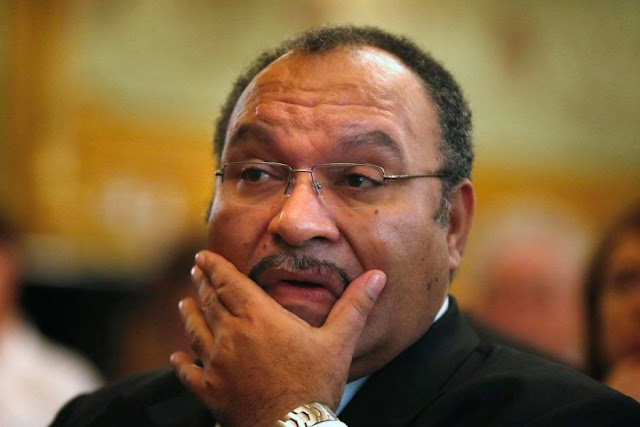PNG'S BUDGET DEFICIT IS AT LEAST K1 BILLION GREATER - CHARLES ABEL LIED THROUGH HIS TEETH

by PAUL FLANAGAN Deputy Prime Minister and Treasurer Charles Abel’s credibility was on the line. Did he actually deliver on the 100 Day Plan promised reduction in PNG’s 2017 budget deficit from unsustainable levels? The answer is almost certainly “no”. The actual 2017 budget deficit is conservatively estimated at over K1 billion larger than claimed – largely due to not paying bills or GST refunds. The conservative estimate would lift the size of the 2017 Budget deficit from 2.4% to just under 4% of GDP. However, the upper bound deficit estimate is K2 billion larger – or more than double – the K1.8 billion budget deficit reported in the 2017 FBO. Even a 4% outcome would have better than the budget deficits of 2014 to 2016. However, the reductions were made in the wrong way. Expenditure was cut entirely in areas key for PNG’s future growth and concessional loan projects were delayed. Even using FBO figures, the blow-out in operating expenditures entirely consumed the claimed incre
